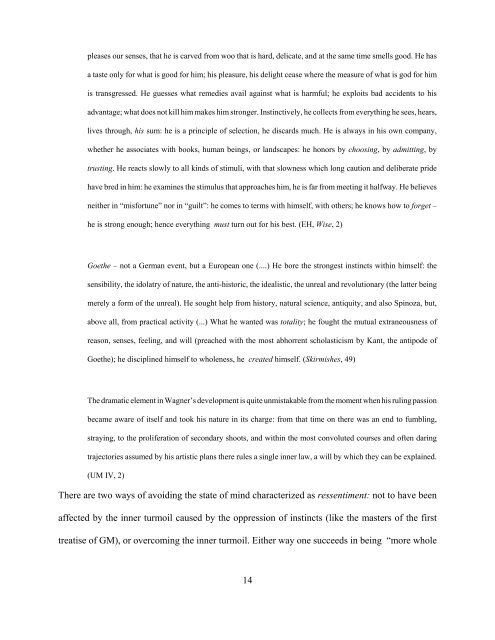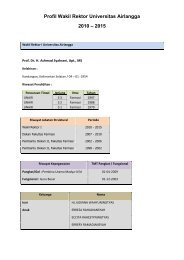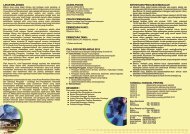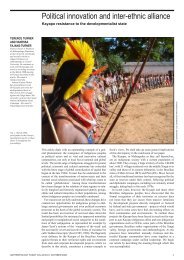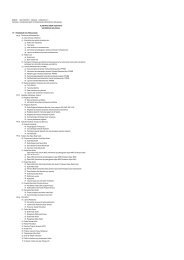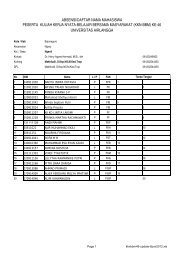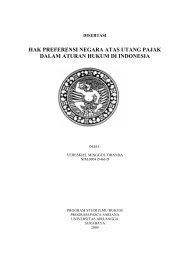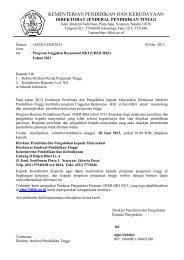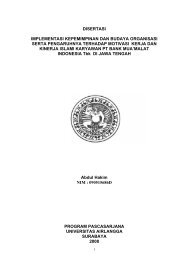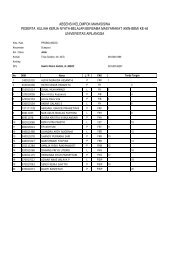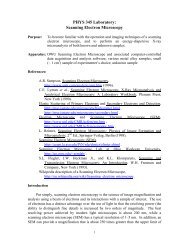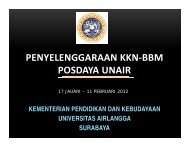Nietzsche's Naturalistic Ethics - UNAIR | E-Book Collection
Nietzsche's Naturalistic Ethics - UNAIR | E-Book Collection
Nietzsche's Naturalistic Ethics - UNAIR | E-Book Collection
You also want an ePaper? Increase the reach of your titles
YUMPU automatically turns print PDFs into web optimized ePapers that Google loves.
pleases our senses, that he is carved from woo that is hard, delicate, and at the same time smells good. He hasa taste only for what is good for him; his pleasure, his delight cease where the measure of what is god for himis transgressed. He guesses what remedies avail against what is harmful; he exploits bad accidents to hisadvantage; what does not kill him makes him stronger. Instinctively, he collects from everything he sees, hears,lives through, his sum: he is a principle of selection, he discards much. He is always in his own company,whether he associates with books, human beings, or landscapes: he honors by choosing, by admitting, bytrusting. He reacts slowly to all kinds of stimuli, with that slowness which long caution and deliberate pridehave bred in him: he examines the stimulus that approaches him, he is far from meeting it halfway. He believesneither in “misfortune” nor in “guilt”: he comes to terms with himself, with others; he knows how to forget –he is strong enough; hence everything must turn out for his best. (EH, Wise, 2)Goethe – not a German event, but a European one (....) He bore the strongest instincts within himself: thesensibility, the idolatry of nature, the anti-historic, the idealistic, the unreal and revolutionary (the latter beingmerely a form of the unreal). He sought help from history, natural science, antiquity, and also Spinoza, but,above all, from practical activity (...) What he wanted was totality; he fought the mutual extraneousness ofreason, senses, feeling, and will (preached with the most abhorrent scholasticism by Kant, the antipode ofGoethe); he disciplined himself to wholeness, he created himself. (Skirmishes, 49)The dramatic element in Wagner’s development is quite unmistakable from the moment when his ruling passionbecame aware of itself and took his nature in its charge: from that time on there was an end to fumbling,straying, to the proliferation of secondary shoots, and within the most convoluted courses and often daringtrajectories assumed by his artistic plans there rules a single inner law, a will by which they can be explained.(UM IV, 2)There are two ways of avoiding the state of mind characterized as ressentiment: not to have beenaffected by the inner turmoil caused by the oppression of instincts (like the masters of the firsttreatise of GM), or overcoming the inner turmoil. Either way one succeeds in being “more whole14


